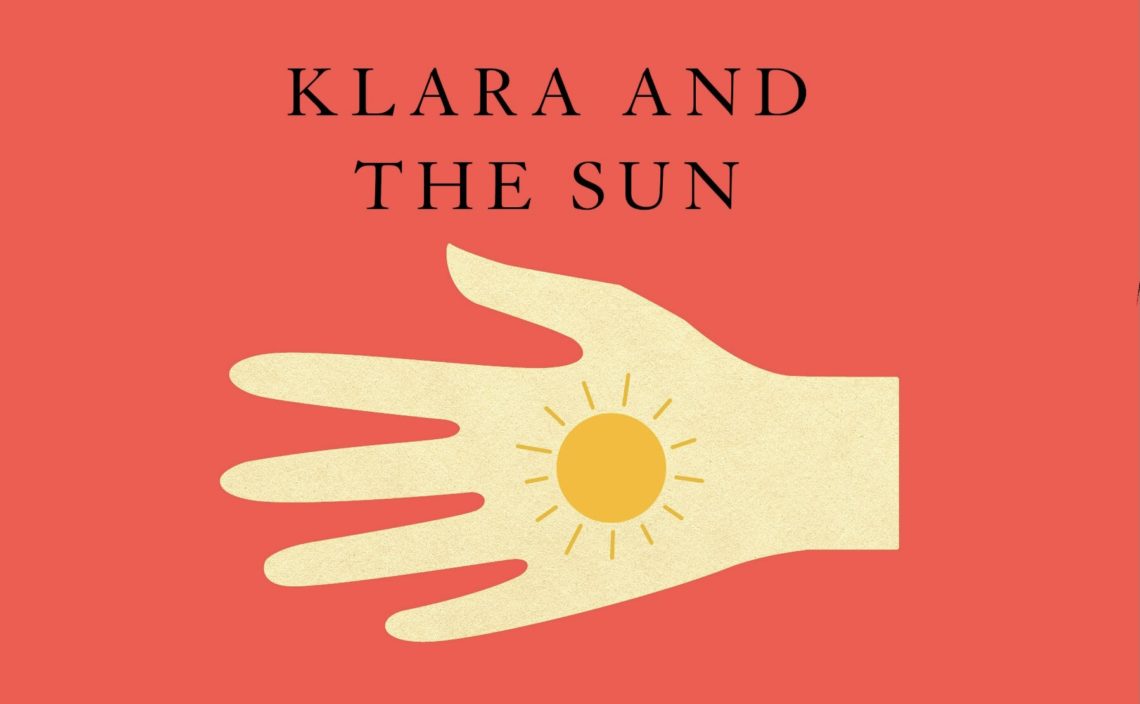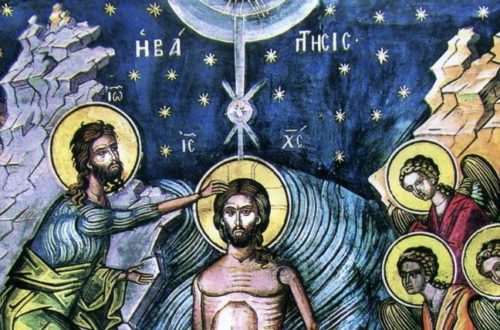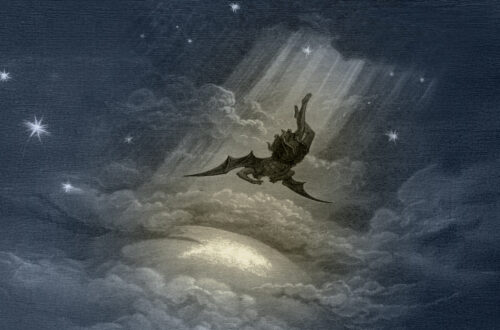
Review: Klara and the Sun by Kazuo Ishiguro
Minor spoilers for the novel follow.
Published in 2021, Kazuo Ishiguro’s Klara and the Sun predates the excitement and consternation generated by the advent of large-language-model AIs. Yet this astonishing novel has some important things to say to us about quasi-intelligent machines, and how our interactions with them might affect us.
Klara, the protagonist and narrator is an android—or AF (artificial friend)—built to provide companionship to a human child. As we first meet her in her shop window, waiting to be purchased and looking out on the world, we encounter a mind that is charming and strange. Klara is curious, childlike, innocent and compliant, but she is also highly perceptive and empathetic and sometimes unexpectedly determined.
Klara holds true. She never holds a grudge, never rebels, never complains, never wavers in her loyalty and kindness.
Klara’s distinctive voice is one of the best things about this novel. The lovely personality conveyed through that voice is another. Throughout her life and service, and as she grows in understanding, Klara holds true. She never holds a grudge, never rebels, never complains, never wavers in her loyalty and kindness.
That, of course, makes her vulnerable to exploitation. But then that’s her whole raison d’être. In this world, AFs are instrumental entities designed to be used (for a very limited period of a child’s life) and then discarded. Like the toys in the Toy Story series [see my previous post], Klara and her like are cursed to outlive the attentions of the fickle gods they serve.The Store Manager tries to warn Klara about this early on:
Let me tell you something, Klara. Children make promises all the time … they promise all kinds of things … They promise to come back, they ask you not to let anyone else take you away. It happens all the time. But more often than not, the child never comes back. Or worse, the child comes back and ignores the poor AF who’s waited … It’s just the way children are.
Klara’s story is tragic from any conventional perspective. But Klara does not have a conventional perspective. It is never clear how much she can genuinely suffer. But she never rails against her lot and seems sincerely content with its outcome.
Losing Our Humanity
Instead, perhaps the real tragedy is what we glimpse in the human world that surrounds her. While Klara is mostly treated well by her own child, other humans are less willing to respond to her as a genuine agent. As one woman puts it:
One never knows how to greet a guest like you … are you a guest at all? Or do I treat you like a vacuum cleaner?
Perhaps this is a unreasonable question for those who don’t have access to Klara’s inner world. But as the story progresses, we begin to see that the humans are having the same difficulty working out how to treat each other. If they can be replaced by artificial workers and artificial friends, what makes humans different from machines? What do they have that might make them special? What’s to stop us tinkering-with and replacing people as we might with machines?
Not much, seems to be the painful answer. As a scientist insists to the mother of Klara’s child:
Our generation still carry the old feelings. A part of us refuses to let go. The part that wants to keep believing there’s something unreachable inside each of us. Something that’s unique and won’t transfer. But there’s nothing like that, we know that now. You know that. For people our age it’s a hard one to let go. We have to let it go, Chrissie. There’s nothing there.
This is humanity that no longer believes in the soul, or the God who made it.
A Flimsy Faith
Yet Klara (possibly speaking for the author) proposes that there might be another way: humans might be made significant by the network of relationships that they are a part of. This idea is never subjected to much scrutiny, which is probably just as well. Does that mean the lives of lonely people have less meaning than people who are better known? Where does it leave people who, like the AF’s in this story, are dismissed or simply used? Does such contempt define their worth too?
Perhaps to head off such a conclusion, Ishiguro provides Klara with an approving Coda in the final pages. A character from earlier in the story makes a brief appearance to provide a last benediction.
Klara’s Transforming Hope
Klara herself looks to a higher Agent … a God who shines on the “righteous and unrighteousness.”
But Klara herself looks to a higher Agent. Throughout the novel the solar-powered AF clings to (and mostly conceals) an anthropomorphised conception of the Sun as a life-giving deity. She believes in an interventionist Sun who can be prayed-to and who shows mercy: “The Sun was very kind to me,” she says in her final encounter. “He was always kind to me from the start.”
It is fascinating to me that a skeptic like Ishiguro should choose to invent an artificial religion for his artificial girl. Why does he do it? In one interview on NPR, he tries to explain the origin of Klara’s religiosity:
I just thought Klara would reflect that aspect of humanity, like she reflects other aspects of humanity … And it’s perfectly logical for her to think, you know, the sun is the source of nourishment … she looks out the shop window into the street, it kind of makes sense to her that the sun is actually nourishing everybody.
I’m not so sure about this explanation. None of the human characters in the book are at all religious.
Nor are they anywhere near as kind and generous as Klara. If humans are her only template, how is it that Klara exceeds them in moral quality (just consider the lengths current AI researchers have to go to stop their creations regurgitating the worst of the internet)? If we become what we worship (e.g. Ps 115:2-8; 2Cor 3:18), Klara’s virtue is a mystery.
But Klara is like the other God she believes in—a God who shines on the “righteous and unrighteousness,” and who “provides you with plenty of food and fills your hearts with joy.” Like Him, Klara is always giving. She is even ready to give up her life for her friends. I think this might be the real reason her creator makes her a believer. As he says in another interview:
Klara for me is an optimistic figure. She’s full of hope and she never lets go of hope because of her relationship with the Sun … She has an almost religious belief in the Sun as a source of kindness and goodness, and who, as a being, she can appeal to to come to the rescue.
Klara’s faith doesn’t just add pathos to her story, it provides a credible foundation for her character. Her belief in the goodness and bounty of the Sun seems vitally linked to her own joy, hope, gratitude, and her pleasure in the happiness of others.
None of this is to baptise her as a believer in the true God. Klara’s Sun, despite his kindness and power, is limited, deal-making deity. But if even this attenuated theism enables her to rise above her fallen human masters, who knows what Klara might do if she knew about the One who made the Sun?
Klara and the Sun is a happier book than it has a right to be. Its vision of humanity’s future is bleak and plausible; its depiction of our character-flaws rings true. Yet Klara herself shines forth as a childlike saint in the midst of it all. I loved reading this novel and have enjoyed thinking about it since finishing it. You might like it too.




